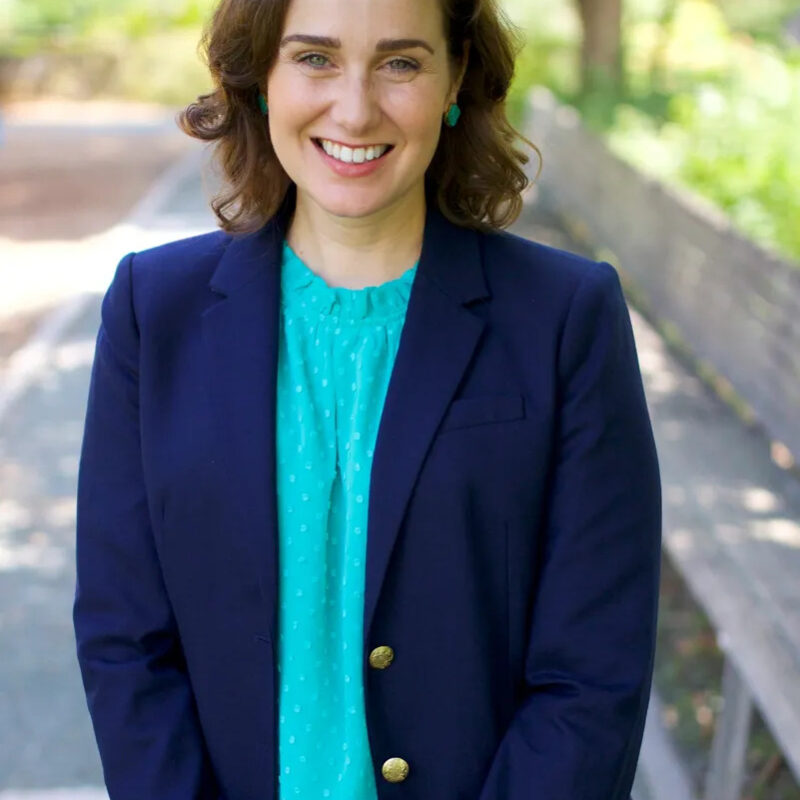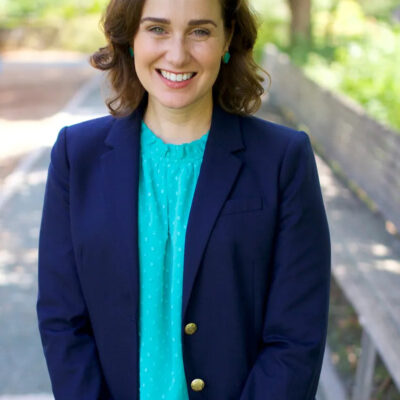As we’ve seen in recent weeks, water—the very “stuff of life”—often seems to have a wicked mind of its own. In fact, in the early ’90s the French scientist Jacques Benveniste conducted a series of experiments that seemed to indicate that water is capable of a kind of memory. His theory, which nobody’s been able to replicate since, is one of the central conceits of British playwright Shelagh Stephenson’s The Memory of Water, which premiered in London in 1996 and won the Laurence Olivier Award for Best New Comedy.
|
The Memory of Water is about three women (left to right: Jacquie Patteson, Lana Young and Louise Mittelman) who return to their mother’s home after she dies and pick up in their relationship where they left off: bickering. |
British comedy, like French cheese, German cars and Belgium waffles, is qualitatively different from the American variety. But, unless that Laurence Olivier Award is meant to be a joke in itself—like a David Caruso Commendation for Subtlety in Acting—then something was clearly lost in translation before Water found its way into the hands of director Laura Rikard for its current Live Arts production. For all its witty banter among three very unlike sisters who have gathered at their mum’s house in dreary Northern England to bicker about the past and prepare for her funeral, The Memory of Water registers as a tragedy, and a cruel one at that.
The play opens with Mary (Lana Young), a perpetually annoyed doctor, fighting with her self-pitying older sister Teresa (Jacquie Patteson) over, among other things, a breast pump they’ve found among their mother Vi’s belongings. (Young, with her severe demeanor and sharp tongue, and the larger, softer featured Patteson are well cast.) Teresa, who runs a health food store with her husband Frank (Richard Jones), taunts Mary about her medical texts—“Phenomenology of Memory?,” she sneers. Mary responds by taking the first of many swigs from a whiskey bottle on the nightstand. As if the animus in their repartee weren’t enough to indicate a fractious past, there’s a big crack in the wall that looms ominously over Vi’s bed.
The bedroom action intensifies when Catherine (played sparklingly by Louise Mittelman), the youngest sibling, arrives in a huff, bearing the fruits of an all-night shopping spree and a very large joint. Her sisters greet her purchases with derisive laughter and the tone is set in stone: these three sisters on verge of nervous breakdowns are going to tear at each other’s weaknesses, argue about various versions of their pasts, and, ultimately, blame it all on their mom.
This may be rich terrain for drama or comedy, but the dialogue goes in circles and after two hours of what amounts to the same contentious conversation even the gallows humor grows stale. Some hope arrives in the form of Mary’s married boyfriend Mike (Jon Emm), a doctor who sees the dysfunction and tries to intervene to no avail. When he suggests that Catherine has self-esteem issues, her sisters scoff—“She’s got an ego the size of Asia Minor” is their take. And then there’s Frank, Teresa’s terminally unhappy husband. His admission that he hated Hannah and Her Sisters—his first date with Teresa—is one of the play’s funnier lines, given the parallels between the Woody Allen film and The Memory of Water. Allen has a gift for finding the dark humor and even a degree of poignancy in familial dysfunction, two crucial elements on which Stephenson’s comes up short.
/MoW-girls.jpg)





